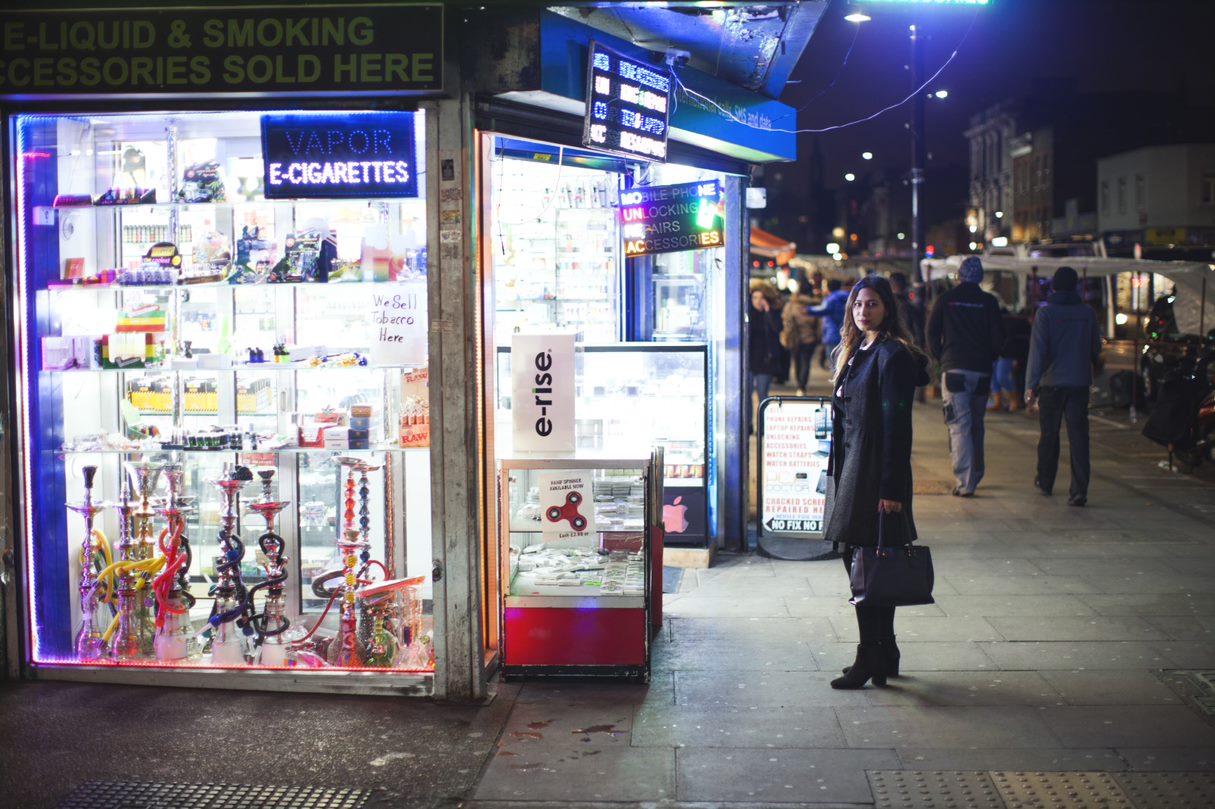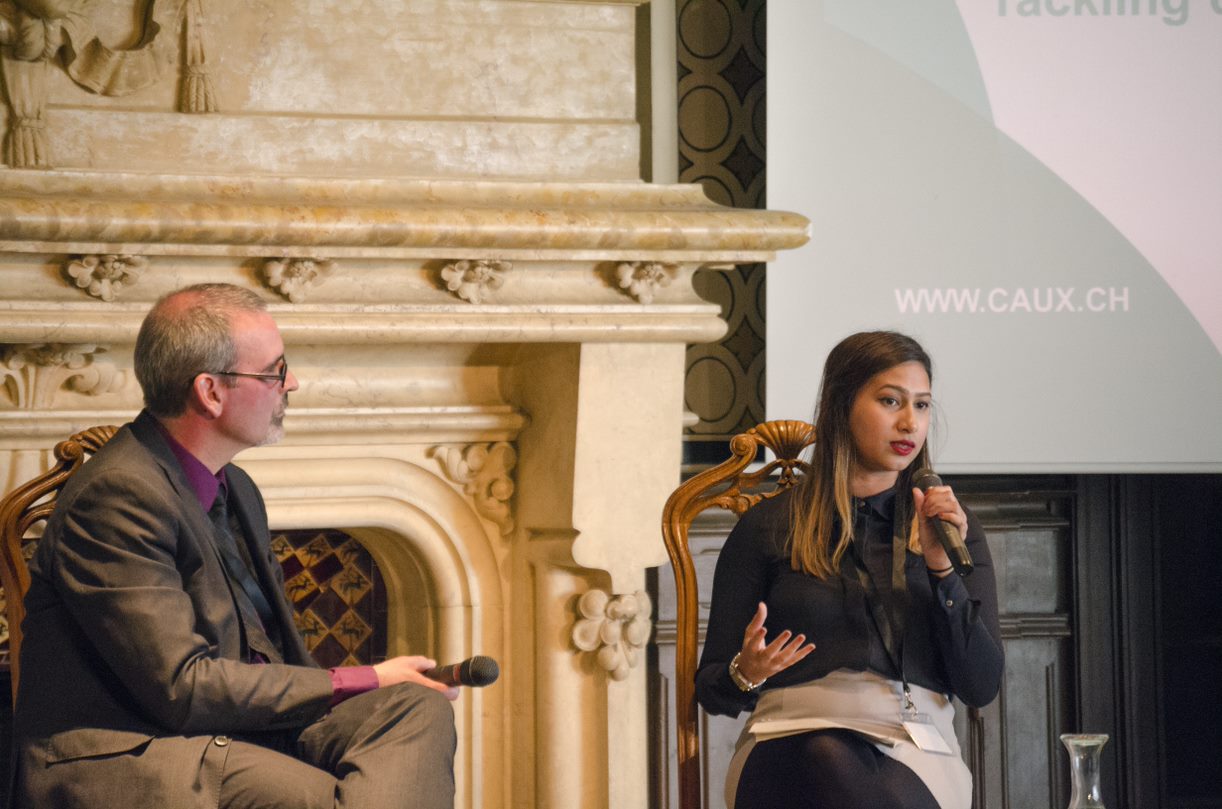As a British Bengali Muslim woman, Fatima Zaman knows what it’s like to be categorised and have her personal identity questioned. She says that her identity has had ‘a massive impact’ on her work, engaging young people in dialogue to counter extremism. ‘I witnessed the 7/7 bombings in July 2005, aged only 13. My Muslim background suddenly came into opposition with my British identity, and people interrogated it, as though the two are opposed. But I always say that I am a hybrid.’
Fatima is a young leader at the Kofi Annan Foundation’s Extremely Together initiative, a youth-based network which focuses on peer-to-peer engagement and education to bring about change. ‘My mixed background allows me to understand different grievances and begin to realise why someone might have been disenfranchised,’ she says. ‘When I’m in workshops I see people of an age that I was at that time asking similar questions to those that I asked, and can empathise with where they are coming from and help them to channel those questions and objections into a positive space.’
Dialogue is at the heart of Fatima’s work. ‘We have seen that when we don’t have open, honest and unbiased conversation and communication it inevitably results in violence and extremism.’ Her goal is to facilitate talking and develop alternative routes, so that extremism is no longer an option. It’s an informal, educative approach that equips young people with the skills and opportunities to create lives and communities in which they don’t need extremism.

The Extremely Together – Countering Violent Extremism roadshow visits schools to work with marginalised youth who are at risk of accepting extremist narratives. Fatima and her colleagues help them to develop their own counter-narratives, replacing negative radical ideas with more positive ones. The aim is not to impose a new belief system on young people, but to enable them to feel confident enough to think for themselves. Rather than being given a new story, they are equipped with the skills to create their own.
‘Young people are bombarded with information, and we don’t teach them the cognitive skills and ability to develop religious, spiritual and moral literacy,’ says Fatima. ‘My work is about helping them to develop those abilities and make up their own minds. They need to know what is propaganda and what isn’t, and to feel empowered to reject narratives which they don’t feel comfortable with.’ Extremely Together offers a safe space for discussion, where tensions can be directed in a positive direction. This is far more effective than shutting young people down and creating a space where extremist ideas can thrive.
Extremism doesn’t begin in a vacuum, she says. It’s created within a context of social fragmentation and disengagement, and so alleviation of these issues may help to address it. This is something that is particularly relevant to the UK . ‘In my work with frontline communities I have seen evidence of disenfranchisement and that when these issues are not discussed young people feel disengaged,’ she says. ‘They might feel like they have more of a sense of a purpose within extremist organisations. We have to tackle the issues before they reach that point, because it’s harder to bring them back.’

Fatima Zaman speaking at Towards an Inclusive Peace, part of the Caux Forum
Not that Fatima believes in giving up, once someone has started to engage with violent extremist beliefs. ‘There should always be the option of a dialogue,’ she maintains. ‘We find that sometimes young people become disengaged with the organisation they have joined and might want to come back. So, just like with Extremely Together’s work with communities, an impartial discourse is crucial.’
She sees grassroots change, starting at the personal and local level, as fundamental. But national and global entities also have a role. Again, informed debate is crucial. At the moment national policy is separate from global policy, and at a remove from local communities. Foreign policy teams are unaware of what’s happening on the ground. She sees her role as helping to break down the silos that stop progress being made.
Extremist narratives should never be the only option available to young people. By equipping them with the ability to question the stories they are given, and the hope that things can be different, Fatima Zaman and Extremely Together are helping to change lives on a personal and local, social and global, level. It all begins with dialogue.
Photos by Jonty Herman of ICSY Productions